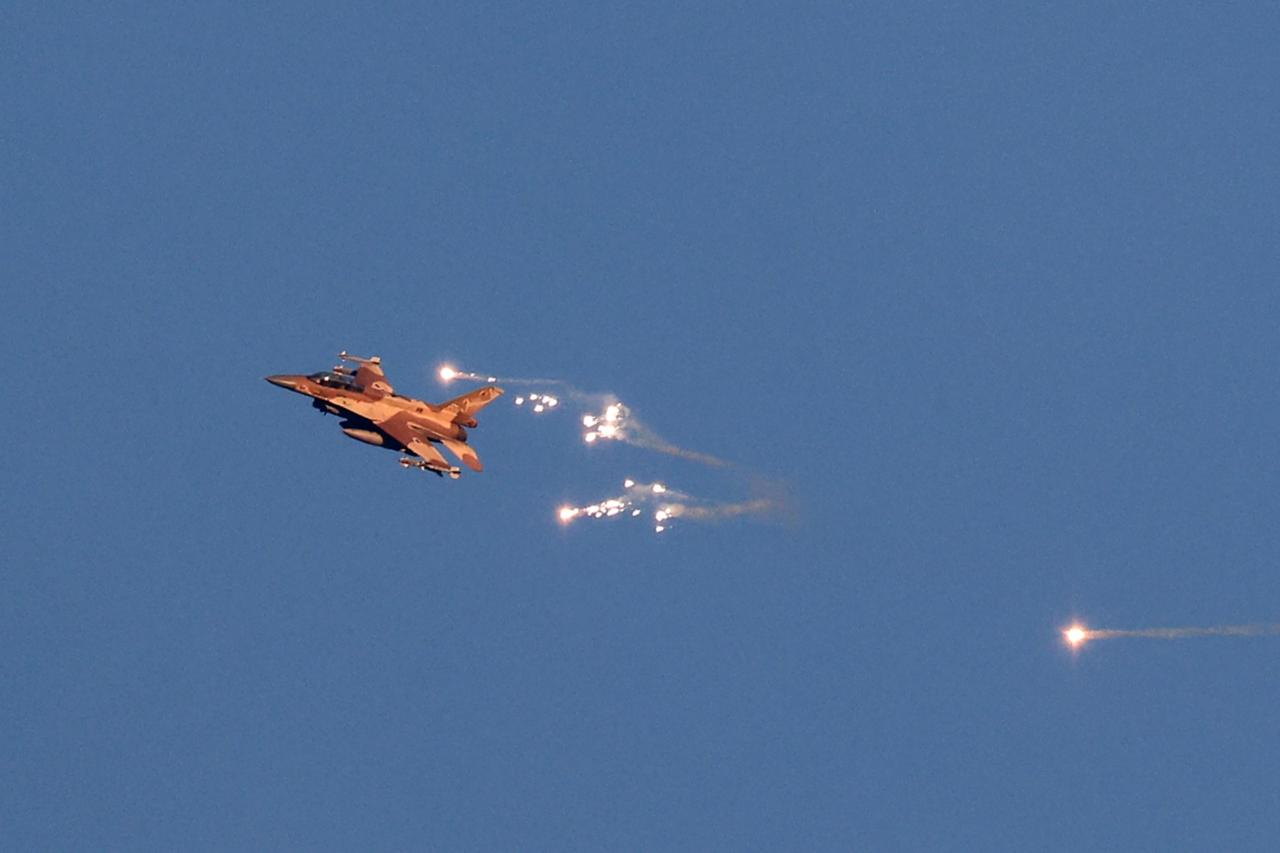
Israel’s unprecedented strike on Hamas leaders in Doha marks more than just another escalation in the Gaza conflict.
It represents a profound shift: Israel has signaled that it no longer values negotiations and is prepared to undermine international norms, regional mediation, and even U.S. credibility to achieve its objectives.
For years, Qatar has hosted Hamas’s political leadership not as an act of sympathy, but at the request of the United States and with Israel’s acceptance.
Qatar even funneled money to Hamas via Israel. Doha’s role as a mediator created a space for negotiations—whether on hostages, ceasefires, or political settlements.
By targeting Hamas leaders on Qatari soil, Israel has eliminated that space. If Qatar, a U.S. ally hosting America’s largest military base in the region, cannot provide safe ground for talks, who will ever risk playing mediator again?
This strike is more than a violation of Qatari sovereignty. It destroys the fragile architecture of dialogue built over the past decade.
With Hamas leaders targeted, the question becomes: how will future talks with the United States or regional powers occur? Hostage negotiations, efforts to stabilize Gaza, and even backchannel diplomacy now risk collapsing.
The decision also reflects the growing influence of Israel’s far-right leadership. Figures like Bezalel Smotrich and Itamar Ben-Gvir, long advocates of maximalist policies, now appear to dominate Israeli decision-making.
The choice to escalate in this way suggests that Israel has abandoned the political track in favor of outright domination in Gaza, regardless of the consequences for regional peace.
Equally troubling is Washington’s role. Reports indicate Israel didn't inform the U.S. ahead of the strike. Yet American forces—fully capable of detecting and intercepting Israeli operations from their base in Doha—stood aside.
This signals to Gulf allies that U.S. security assurances are conditional and secondary to Israeli strategy.
Arab states, already hesitant about normalization with Israel, will now recoil further, questioning whether Washington can or will protect their sovereignty.
The implications extend beyond Hamas. Will Israel feel emboldened to target them there as well if it sees fit?
If so, the region faces a dangerous precedent where no border, alliance, or American guarantee can restrain unilateral Israeli action.
By striking in Doha, Israel has not only escalated the conflict but also eroded the possibility of any political resolution.
The result will be greater instability, alienated Arab states and a Middle East even further from peace.